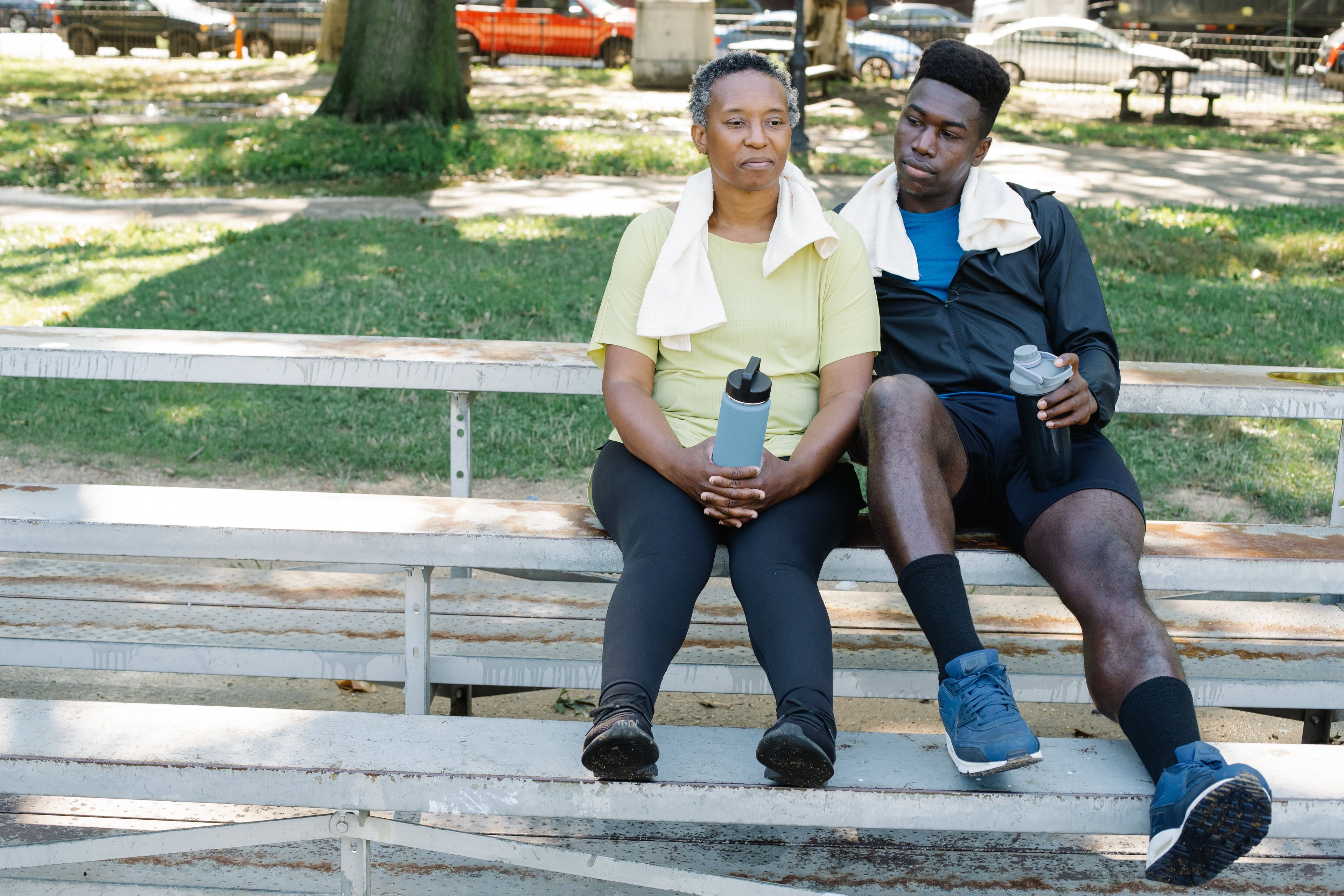How To Grieve The Parent Who Could Have Been And Never Will Be
For many adult children, there comes a time when they have to abandon the fantasy of the relationship they wish they had with their parents.
As your parent ages, they will likely experience changes to their physical, emotional, and mental health. Accidents, sudden illness, and substance usage can also impact a parent’s functioning and cause changes in the parent + adult-child relationship. Some adult children may be interacting with parents who have lost their short and/or long-term memory, their ability to speak, impulse control, the ability to work or care for themselves physically, and more. In these cases, adult children are often forced to grieve the loss of a parent who never changed and never will be different. They may also be forced into caring for a parent who never cared for them. This creates a difficult set of circumstances that the adult child must navigate while managing their relationships, family, and life.

The Apology Isn’t Coming
Many adult children are out there watching their parents deteriorate physically or mentally in front of them.
If you’re in this position, you may be:
- Grieving who your parent never was
- Grieving who your parent never became
- Feeling misunderstood or alone
- Pressured to take care of them even if they never took care of you
- Feeling a storm of conflicting emotions
There is grief involved in realizing that you will never get the recognition, apology, and behavioral change you’re looking for. When something forces you to accept this, it often feels different than choosing to accept your parent for who they are and who they will not become.
When you realize that your parent is physically or mentally incapable of having these conversations, apologizing, or taking accountability, you must find a way to move forward independently. Here are some helpful reminders:
- You don’t need your parent to validate your truth for it to be true.
- You know what happened and what you experienced.
- If you know they cannot give you what you need, you can release the pressure of seeking that.
Can I Take Care Of Them?
Many cultural norms insist children should always care for their parents as they age or while their health is declining. In loving, safe families, this often happens without much pressure. Generations want to care for one another and adult children will jump through hoops to ensure their parents are cared for as they age or experience hardship.
In families with a history of abuse or neglect, adult children are often pressured to care for their family members despite this abuse. Some of this pressure may come internally from the family, and there are intense external social/cultural pressures. If a parent was an adult child’s biggest bully, should they be forced to care for them at the end of their life?
The answer to this question is highly nuanced and depends on your unique situation. There are adult children who care for their parents at the end of their life and find immense healing in this dynamic. Some adults are forced into this position and are routinely re-traumatized by this labor.
If you are deciding whether you can care for a parent who was neglectful or abusive, here are some questions I would ask:
- What is the benefit of taking on this labor?
- Why do I feel called to help my parent?
- If I don’t do this, who else will do it?
- What are the best ways I can care for them without harming myself?
- If I take this on, what might happen to me mentally and/or physically?
- If I don’t care for them, how will that impact me?
- Is there anyone that can help me with this labor?
Caring For Someone That Didn’t Care For You
You may decide to step in when a parent is ill or dying and needs assistance. I think this again brings up the question: how do I care for someone that never cared for me? It might feel odd to provide physical and emotional care for someone who couldn’t give that back. You may experience resentment, frustration, anger, guilt, sadness, and more. This is all normal.
I do not believe that caring for your parent is always the best decision, but if you decide to make that commitment, you’ll want to navigate the process carefully and ensure you have support. With the proper support and approach, I’ve seen this dynamic become a positive experience for some people.
- Think about what support you need to navigate this process. Do you have other family you can recruit to help? Is professional help an option?
- How will the relationship between you and your parent change now that they are vulnerable? Many adult children report that their parents needing them significantly changed the dynamic.
- Recognize when childlike feelings or memories are coming up for you. It’s important to work with a therapist or support person during this time who can help you process what is coming up from the past and what is happening in the present.

Grieving The Parent + Child Relationship Fantasy
For many adult children, there comes a time when they have to abandon the fantasy of the relationship they wish they had with their parents and accept the one that they do have. This process is often complicated by a parent dying. In this situation, you will have to accept that your parent did not change, and there is no longer the opportunity for change or acknowledgment. While this is sad and challenging, a lot of peace and acceptance also comes during this time.
When a parent can no longer neglect, abuse, or interfere in adulthood, the adult child has the space to begin healing.
- Your childhood was hard, and it’s over now.
- Your parent could not care for you; now you can care for yourself.
- You were helpless as a child, and now you have options.
Healing can begin when you release the fantasy of who you wish they were and accept who they are. That healing might be finally grieving the reality that you didn’t get what you deserved as a child. It might mean having a relationship with your parent based on who they are now. It might mean setting boundaries and taking space. It might mean waking away completely.
When a parent is no longer present, you can redefine their role in your life and create a new path for your family.